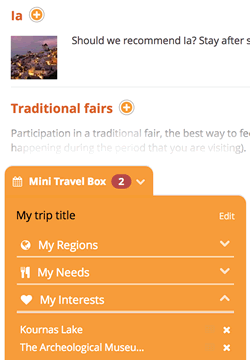- New Year’s Eve: January 1
- Epiphany: January 6. Every priest consecrates the waters by tossing a cross into the sea. People dive in to catch it in order to get blessed.
- Ash Monday (Kathara Deutera): 41 days before Easter. This day begins the Easter fasting. Greeks go to the countryside, have handmade kites and eat fasting food with the traditional “lagana” wide bread that is made especially for this day).
- Independence Day and Annunciation of our Lady: March 25. Military and school parades take place. Traditionally people eat fish, especially cod with mashed potatoes with garlic.
- Easter: Good Friday until Easter Monday. It’s a festive period in Greece. On Good Friday the epitaph procession takes place and people follow with lanterns and candles and each region has its own traditions. At night of the Holy Saturday we celebrate the Resurrection at 12 o’ clock in the midnight. This cheerful event is often accompanied by handmade firecrackers and people light up their candles with the Holy Light from the Holy Sepulchre from Jerusalem. On Easter Sunday the whole family and friends are gathered eating barbecued lamb and delicious food, striking red eggs, dancing and celebrating with wine. The night of the Resurrection and the Easter Sunday are the first days after 40 days of fasting that they are allowed to eat meat and dairy products. Easter Monday is a day of relax.
- Labor Day: May 1. According to the tradition Greeks make wreaths and hang them in their houses.
- Pentecost: it is celebrated 50 days after Easter
- Assumption: August 15. It is a festive day especially in islands, where lots of festivals take place in honor of the Virgin.
- October 28: National Day. School and military parades take place.
- Christmas: December 25 &26
- Archaeological sites and museums remain closed each Monday.










